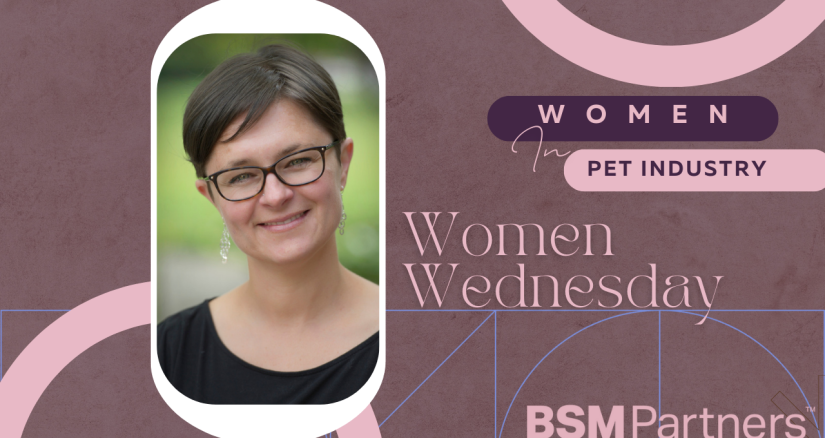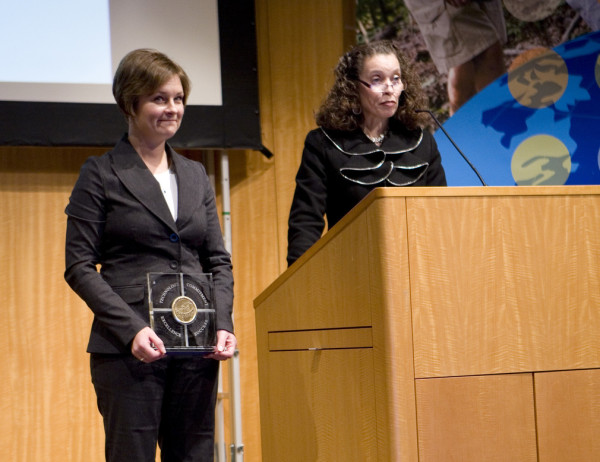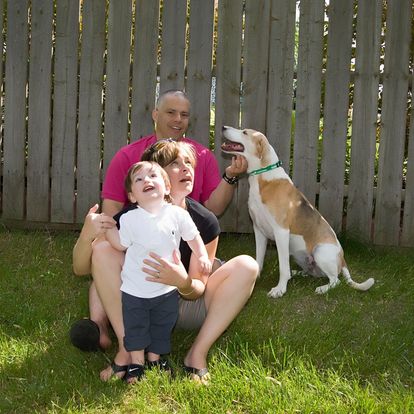
Women in Industry: Dr. Kate Shoveller: Professor, University of Guelph, Animal Biosciences
The Pet Food Industry has a long history of amazing leaders in innovation, technology, and nutrition. For a long while these leaders have been predominantly male and while their accomplishments should not be diminished, this is the month to highlight and recognize female pet food industry leadership. Women have made some amazing accomplishments and have become common contributors in science and medicine, technology, and business and more than ever, are seen as equals. But not always. Much of the time women are still paid less than their male counterparts and top company positions remain predominantly male. Women must therefore celebrate and learn from the accomplishments and victories of their colleagues because, truth be told, they are still typically more hard-won than those of their male counterparts. So, let’s celebrate! Read on to learn more about one amazing woman in our industry with more to come in the following weeks.
Dr. Kate Shoveller: Professor, University of Guelph, Animal Biosciences

How have you seen women in the pet industry evolve over time?
The number of women in the animal industry, nutrition, and veterinary professions has increased over the last two decades since I exited graduate school. However, I think that overall, we have seen greater accessibility and diversification of the people contributing to the pet food industry. For example, I think it is much more common for professional women to have children now than it was even a couple of decades ago. That being said, I think we need to keep diversifying, as our pet parents continue to diversify, and we need to meet a wider array of consumer needs.
Where do you see a growing need for expertise (of any gender) in the pet industry?
I think that we all need to consider using more mathematical modeling and artificial intelligence in our research and product development. In research, mathematical modeling can help to identify gaps in our knowledge, and we can construct models to test as we try and reduce, refine, and replace our use of animals in research. Further to this, making data publicly available so that we can complete meta-analyses or consider different ways of analyzing data would make the best use of existing data without the expense of conducting new animal research.
What qualities and skills do you think help her and others succeed in her career?
Be more interested in developing others, honest, hardworking, empathetic, and enthusiastic.
What are one of your greatest strengths and one thing you continue to work on?
My greatest strength is also my greatest weakness. I am incredibly good at managing teams and work when everyone is positive and agreeable. I can easily see synergies, the paths around obstacles, and solution sets. However, when confronted with someone who does not deliver on work and is negative, I find managing them extraordinarily difficult and tend to become a mean micromanager. I am working on identifying when this is about to happen and how best to manage those people in a kind and forward-focused manner.
Has there been/is there a woman in the pet industry who has been a mentor and how have they impacted you? Alternatively, is there another woman you respect in the pet industry and why do you respect them?
I think it is maybe important to point out that I don't identify people as mentors based on their gender, I collect mentors in all avenues, from management to leadership to different buckets of science, to good friends that sometimes are just needed for a hug. I have so many examples of great mentors, but maybe I will take this opportunity to discuss why Dr. Kathy Boebel is one of my (many) favorites. Kathy is an insanely bright and disciplined scientist, so no surprise that speaking with her is always exciting for me. But Kathy is also just one of the best people I have had the honor of knowing because she is honest, supportive, empathetic, hard-working, funny, and with a very clear goal to contribute to something bigger than herself. And she did her PhD with Dr. David Baker, who is one of my amino acid idols (if you don't have one, come to talk to me, I have many).
What is one thing that she wishes people knew about working in the pet industry?
There is no crying in science, but there is crying with pets. This industry is emotionally charged!

Follow us on LinkedIn for the latest updates on all things happening here at BSM Partners.
About the Author
Renee Streeter is a Doctor of Veterinary Medicine and a Diplomate of the American College of Veterinary Internal Medicine (Nutrition). She obtained her Bachelor's degree in Animal Science from Cornell University and served as a farm animal nutritionist for a major feed company before attending veterinary school at Ross University. Her clinical rotations were done at Cornell University’s college of veterinary medicine, where she stayed on to do her Clinical Nutrition residency. While working in a large general practice and doing clinical nutrition consultation, Dr. Streeter also founded her own veterinary nutrition consulting company and currently helps industry clients through her position as the Nutrition Practice Principal at BSM Partners.
This content is the property of BSM Partners. Reproduction or retransmission or repurposing of any portion of this content is expressly prohibited without the approval of BSM Partners and is governed by the terms and conditions explained here.